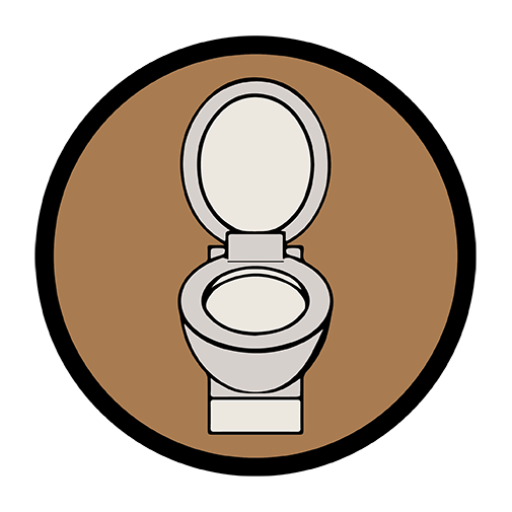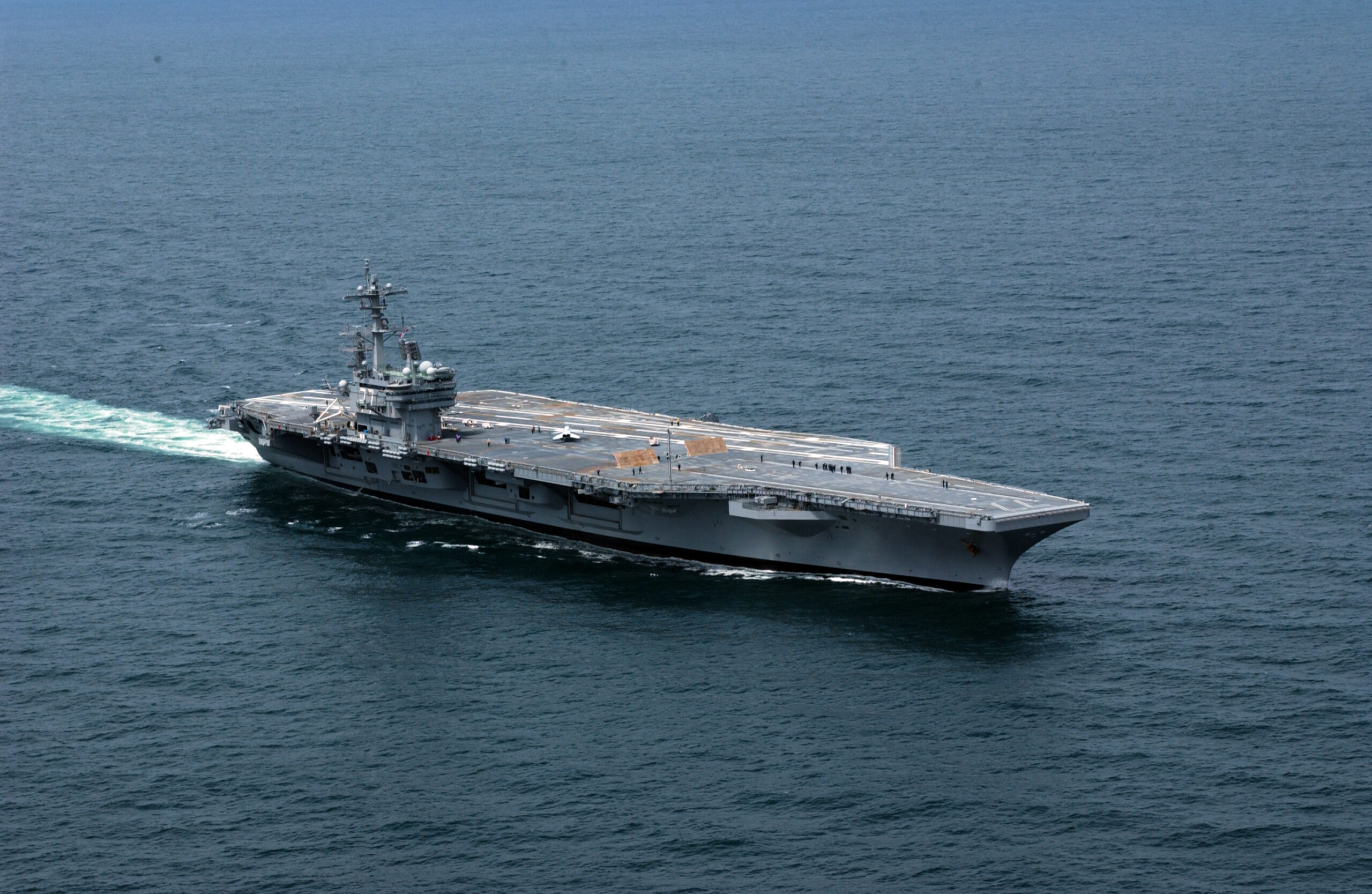Clogs seem to be a persistent problem
Although there has always been a problem with waste in the military, aboard the aircraft carriers of the U.S. Navy, the issue has specifically been with human waste, or more specifically, how the waste has blocked the toilet systems. The USS George H. W. Bush (CVN 77), the newest Nimitz-class aircraft carrier, as well as the first-in-class USS Gerald R. Ford (CVN 78), routinely experienced clogged toilets back in 2019.
150 persistent maintenance issues with the carriers were identified in a report from the Government Accountability Office a few years ago, which raised the issue.
According to this article, since the warship’s inaugural cruise in 2011, CVN 77 has experienced significant issues with its heads (the naval name for bathrooms, which originates from the era of sailing ships when the crew’s location to relieve themselves was all the way forward on each side of the bowsprit). The frequent outages of the ship’s 493 bathrooms caused a significant distraction for the approximately 480 sailors on board.
The Washington Post reported that sailors were forced to use the showers or the commercial basins near their workstations as urinals. While some of the female sailors held it for so long that they suffered health issues, while some of the male sailors turned to empty bottles and threw the contents.
At the time of the ship’s first cruise, sailors attributed difficulties with the vacuum system to crew members flushing “inappropriate material”. Shirts, underwear, socks, feminine hygiene products, eating utensils, and mop heads are reportedly included in this.
Regardless of the precise cause, there were at least two occasions in 2011 when all the toilets were offline; nonetheless, there were additional occasions when only certain areas of the carrier’s heads were offline. Ten thousand hours were spent trying to fix the system in total just in 2011.
There are 250 miles of piping that can clog, and it is said that it took a ship-wide breakdown of 35 hours of nonstop work to fix. This is the root of the issue. But this was made worse by the absence of a “backup” plan, such as portable toilets or so-called “wag bags,” which are plastic bags made specifically to hold human waste.
The then-new vacuum-based system, which is comparable to waste-management systems used on cruise ships, was originally employed by the USS George H. W. Bush. Through those kilometers of pipes and a vacuum-like suction, waste is drawn to treatment tanks where it can be cleaned and then released back into the ocean. All of the ship’s restrooms become inoperable if one of its two main sections loses vacuum pressure from a clog.
As previously mentioned, the issue hasn’t just affected CVN 77; CVN 78, which also uses the same vacuum system, has experienced similar jams that have shut down the toilets. The USS Gerald R. Ford is the first aircraft carrier to have gender-neutral restrooms and lacks urinals, which complicates the situation there. The Navy made the decision to increase flexibility when it comes to changing berthing arrangements for the crew, but critics have pointed out a number of issues, including the fact that each toilet takes up more space than wall-mounted urinals and that less than 18% of all sailors in the Navy are women.
Toilet and warship issues are not quite recent. The German Type VIIC submarine U-1206 sank after its first combat mission when the captain “improperly” used the vessel’s restroom.

